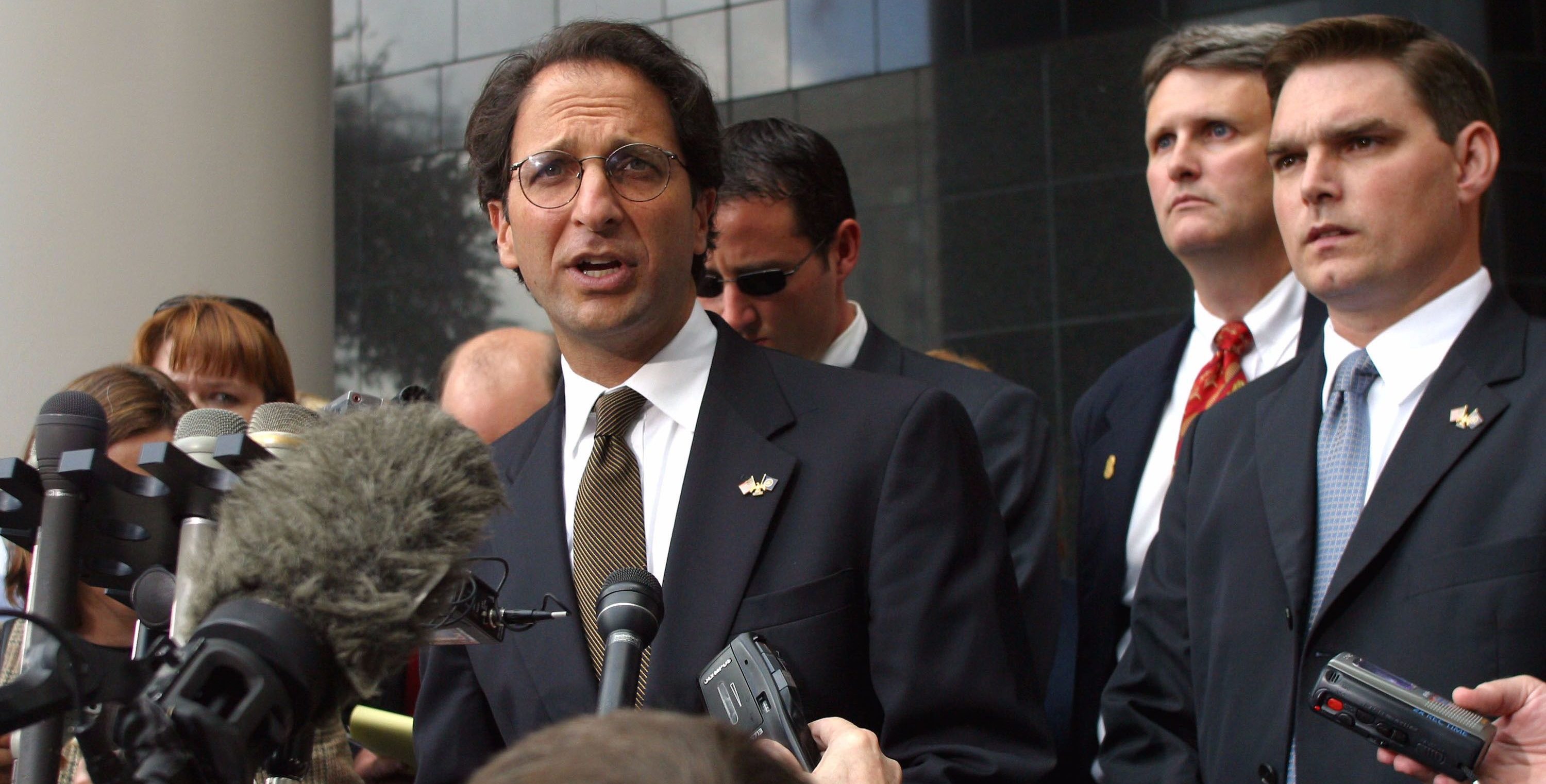By: Sara Carter – saraacarter.com – March 22, 2018
Special Counsel Robert Mueller III and lead attorney in the Special Counsel’s Office Andrew Weissmann have been connected to one another throughout most of their careers, and both men moved quickly to the top tackling major crime syndicates and white-collar crime.
Ironically, both men were also connected in two of the biggest corruption investigations in FBI history. But rarely are Weissmann and Mueller’s past cases discussed in the media. Their past is relevant because it gives a roadmap to the future — now that these two longtime colleagues are charged with one of the most controversial investigations into a president in recent history.
“The integrity of the “investigation” and of the “investigators” must be a paramount priority in our criminal justice system at all times,” said David Schoen, a civil rights and defense attorney, who has been outspoken on the special counsel investigation. “Certainly this fundamental guiding principle must be followed when it comes to an investigation of the duly elected President of the United States. The outcome potentially affects every one of us in very real terms…There were many alternatives to Mr. Mueller and his team and all of their very troubling baggage.”
“(Mueller and Weissmann) were both connected to two of the biggest scandals in FBI history,” Schoen added.
Special Counsel spokesman, Peter Carr, declined to comment.
Weissman, described by the New York Times as Mueller’s ‘pit bull’ was Mueller’s legal advisor for national security in 2005 and later was selected by Mueller to be his General Counsel at the FBI. It made sense for Mueller, who left his $3.4 million a year job at the top D.C. law firm WilmerHale, to bring Weissmann with him to the special counsel team to investigate President Trump and his alleged collusion with Russia in the 2016 election. Weissmann, was a specialist in tracking financing and corruption, was at the time head of the Department of Justice’s criminal fraud section. Mueller saw nobody better than Weissmann to help navigate the murky waters of the investigation and Weissmann was lauded by some and criticized by others, for doing whatever it took to win a case, as reported.
Mueller was also aware of critical issues with Weissmann’s handling of the Enron and Arthur Anderson cases, as well as his involvement in the Eastern District of New York’s case against the Colombo crime family.
Weissmann’s involvement in the Colombo case in the 1990s was the first of many cases that would draw criticism from his peers but this case, in particular, would be one of the FBI’s biggest blunders. As I outlined last month, Judge Charles P. Sifton reprimanded Weissmann for withholding evidence from the defense, as previously reported. Weissmann allowed a corrupt FBI agent to testify against the defendants in the case despite having knowledge that the agent was under investigation. The agent had a nefarious relationship with a reputed underboss of the Colombo crime family, who was accused later of numerous murders, court records reveal.
To see the remainder of this article, click read more.
Source: Robert Mueller, Andrew Weissmann, the FBI and the Mob
 Listen Online
Listen Online Watch Online
Watch Online Find a Station in Your Area
Find a Station in Your Area









 Listen Now
Listen Now Watch Online
Watch Online
